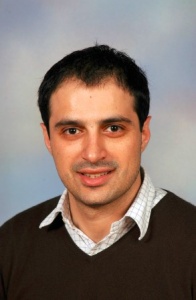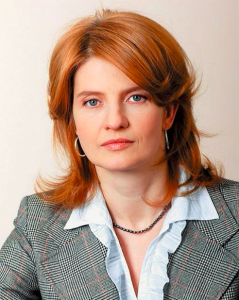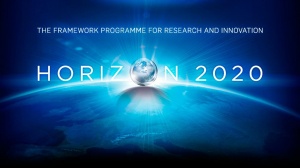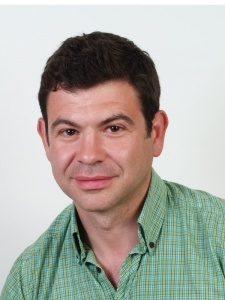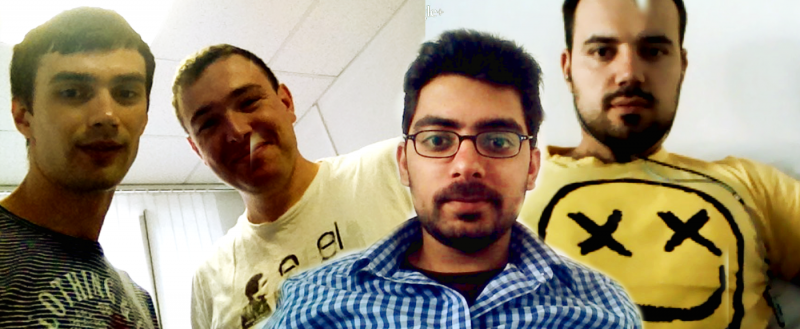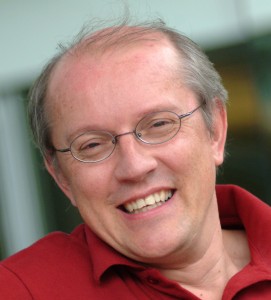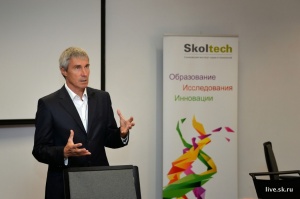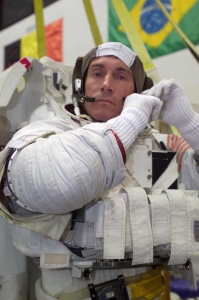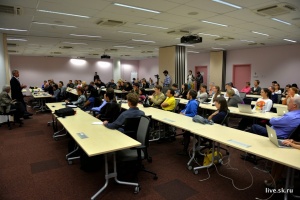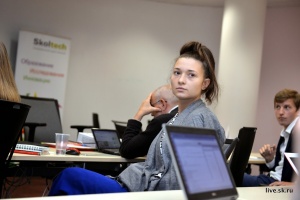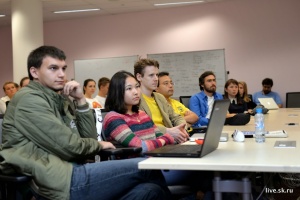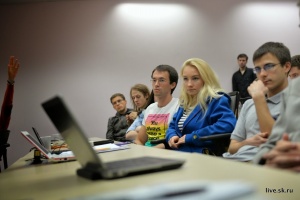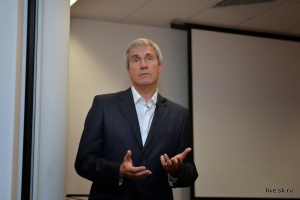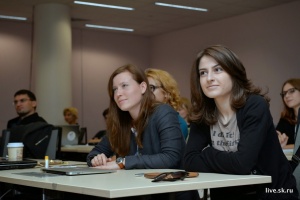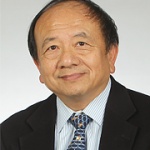Once again, the Skoltech Colloquium convenes. And this week we are pleased to invite you to a talk by Prof. Demetris Zeinalipour, University of Cyprus, titled “Indoor Data Management: Status and Challenges”.
What: Indoor data management: status and challenges
When: October 2, 4 pm
Where: Beijing-1 Auditorium – China cluster
Abstract: People spend 80-90% of their time in indoor environments such as offices, undergrounds, shopping malls and airports. On the other hand, the uptake of interesting applications in indoor spaces (e.g., navigation, inventory management and elderly support) has so far been hampered by the lack of technologies that can provide indoor location (position) accurately, in real time, in an energy-efficient manner, and without expensive additional hardware. Modern smartphones currently rely on cloud-based Indoor Positioning Services (IPS), which can provide the location of a user upon request but those are inaccurate and additionally raise important location privacy concerns, as the IPS can know where the user is at all times.
In this talk, I will start out with an overview of the building blocks of Anyplace, our in-house IPS that recently won several international research awards for its accuracy (i.e., less than 2 meters) and utility.
Anyplace deploys a number of innovative concepts, including crowdsourcing, big-data management, energy-aware processing, multi-device optimization, and mobile data management, in order to realize a power-efficient and accurate indoor localization and navigation technology.
In the second part of this talk, I will focus on an algorithm we developed for protecting users from location tracking by the IPS, without hindering the provisioning of fine-grained location updates on a continuous basis. Our algorithm exploits a k-Anonymity Bloom filter and a generator of camouflaged localization requests, both of which are shown to be resilient to a variety of privacy attacks.
My talk will be succeeded by a summary of related research efforts, namely SmartLab, which is a novel in-house programming cluster of smartphones that we use in our experimental studies; and Rayzit, which is an award-winning location-based crowd messaging service that addresses big-data velocity with parallel algorithms and distributed NoSQL databases.
Speaker: Demetris Zeinalipour, University of Cyprus. He (PhD, University of California, Riverside, 2005) is an Assistant Professor of Computer Science at the University of Cyprus, directing the Data Management Systems Laboratory (DMSL). Before his current appointment, he served the University of Cyprus and the Open University of Cyprus as a Lecturer of Computer Science and was also a Visiting Researcher at the network intelligence lab of Akamai Technologies, Cambridge, USA.
Demetris has served as the PC Co-Chair of IEEE MDM’10, VLDB’s DMSN’10 and ACM MobiDE’09, the General Chair for ACM MobiDE’10, the Contest Chair of IEEE ICDM’10, the Organization Chair of HDMS’10, the Demo Co-Chair for IEEE MDM’13 and the Panel Co-Chair for IEEE MDM’14. Currently, he serves as the Workshops Co-Chair for IEEE MDM’15. His primary research interests include Data Management in Systems and Networks, in particular Distributed Query Processing, Storage and Retrieval Methods for Sensor, Smartphone and Peer-to-Peer Systems, Mobile and Network Data Management, Energy-aware Data Management and more recently Big & Crowd Data Management. He is a member of ACM, IEEE and USENIX.
For more information, please visit: http://www.cs.ucy.ac.cy/~dzeina/
* The Skolkovo Institute of Science and Technology (Skoltech) is a private graduate research university in Skolkovo, Russia, a suburb of Moscow. Established in 2011 in collaboration with MIT, Skoltech educates global leaders in innovation, advances scientific knowledge, and fosters new technologies to address critical issues facing Russia and the world. Applying international research and educational models, the university integrates the best Russian scientific traditions with twenty-first century entrepreneurship and innovation.
If you like to participate and for further information or questions, please Liliya Abaimova
We look forward to seeing you.

